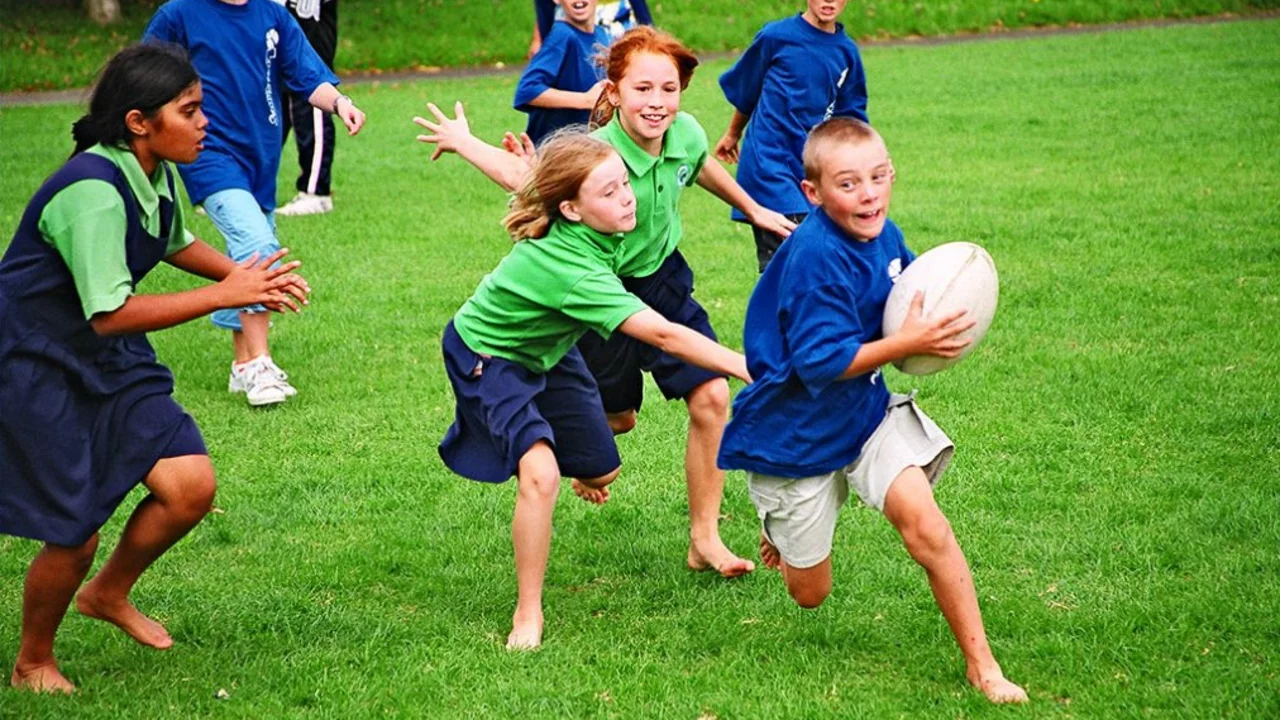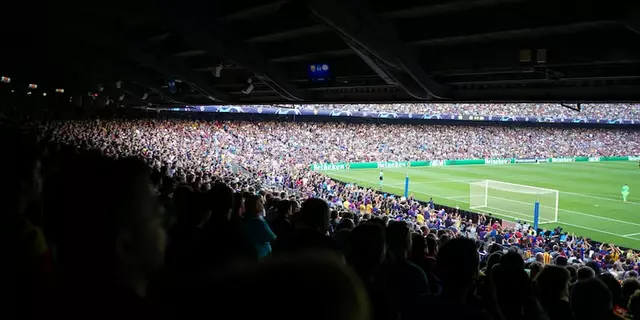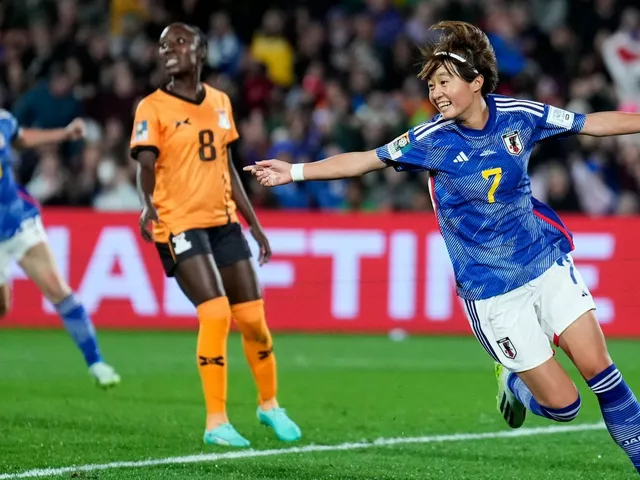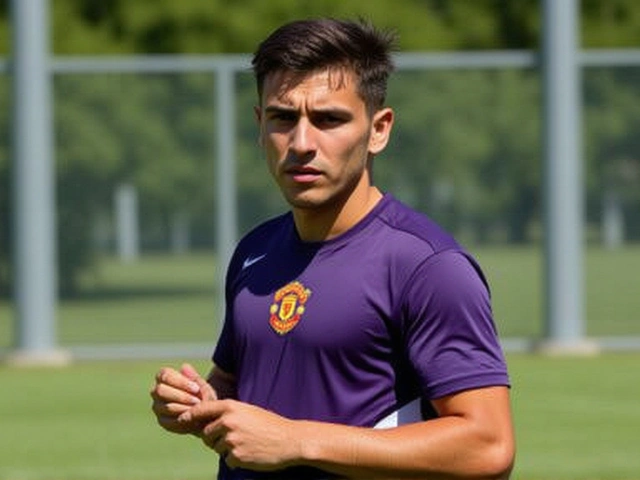
Understanding the Mental Challenges in Soccer
Before diving into which soccer position is the most mentally challenging, it's important to first understand the mental challenges in soccer. Soccer players, regardless of their position, have to make quick decisions during the game. They have to anticipate what the opponents will do, think about where to position themselves, and strategize how to score or defend. This requires a high level of mental concentration and agility. Additionally, soccer players must be able to control their emotions and remain focused under pressure.
Goalkeeper: The Guardian of the Goal
One of the most mentally challenging positions in soccer is the goalkeeper. The goalkeeper is the last line of defense and has the vital job of preventing the opposing team from scoring. This position requires superior concentration, quick decision-making, and the ability to remain calm under extreme pressure. A goalkeeper constantly has to anticipate the other team's moves and react appropriately within fractions of a second.
Furthermore, goalkeepers often face immense scrutiny and criticism. A single mistake can lead to a goal, which can turn the tide of the game. This adds a significant amount of mental pressure to the position. Goalkeepers must also deal with the loneliness and isolation that come with the position, as they are often physically distant from the rest of the team.
Central Defender: The Rock at the Back
The central defender is another position that is mentally demanding. Central defenders are responsible for blocking the opposing team’s attacks and, similar to goalkeepers, a single mistake could lead to a goal. They need to read the game well, anticipate the opponents' attacks, and make quick and accurate decisions on how to respond.
Moreover, central defenders have to deal with the constant pressure of marking the opposing team's best attackers. They need to remain focused and composed throughout the entire game, which can be mentally exhausting. Additionally, they often need to take the role of a leader, communicating and coordinating with the rest of the team to ensure everyone is on the same page.
Midfielder: The Heart of the Team
The midfielder position is also mentally challenging. Midfielders are often in the center of the action and have to constantly make quick decisions. They need to think about when to attack, when to defend, where to pass the ball, and how to position themselves. This requires exceptional awareness, concentration, and decision-making skills.
Midfielders also play a crucial role in setting the tempo of the game and controlling the flow of play. They need to read the game well, anticipate what's going to happen next, and adjust their strategies accordingly. This can be mentally draining, especially in high-stakes games.
Striker: The Pressure of Scoring Goals
The striker position, while perhaps not as mentally demanding as goalkeeper or central defender, still poses significant mental challenges. Strikers are under constant pressure to score goals. They need to remain focused, composed, and confident, even when they are facing tough defenders or when they are having a bad game.
Strikers also need to have a high level of game intelligence. They need to understand where to position themselves to receive passes, how to exploit the opponents' weaknesses, and when to shoot or pass. The mental challenge for strikers lies in their ability to make the right decisions quickly and under pressure.
In conclusion, while all positions in soccer require a high level of mental agility and concentration, the positions of goalkeeper, central defender, and midfielder stand out as the most mentally challenging. These positions demand exceptional decision-making, anticipation, and emotional control. However, the mental challenges of each position can vary depending on the individual player and the specific situation in the game.


